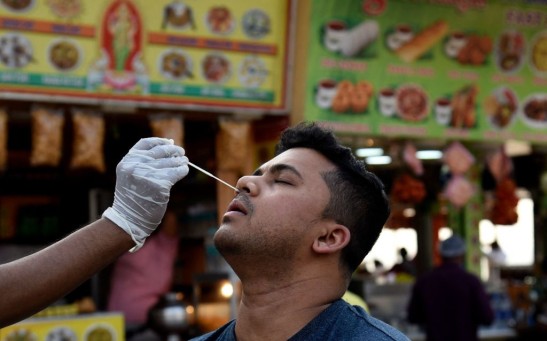MEDICINE & HEALTH
Moderna COVID-19 Vaccine Efficacy Rate of 93 Percent Recorded in 6 Months; Suggests Booster Shots Against Delta Variant

COVID-19 Vaccine Booster: General Population Likely to Get 3rd Jab Next Year, Swedish Public Health Agency Announces
COVID-19: Full-Dose Blood Thinners May Reduce Organ Support Necessity for Moderately Ill Patients
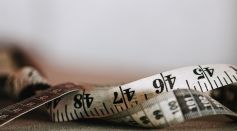
Human Height Influenced by Specified Genes in Growth Plates During Early Childhood
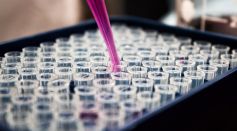
Genetic Variants Seen Potential in Determining Menopause in Women in Terms of Timing, Age

ASSAf Launches COVID-19 Booklet; Explaining About the Disease, Responses and an Uncertain Future
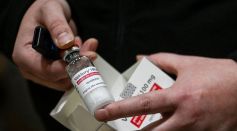
Remdesivir Currently Being Modified from Intravenous to Oral Administration; Study Describes Potential of the Antiviral Drug in Treating COVID-19
‘Fata Morgana’: This Mirage Type Spotted in Glacier Bay National Park Can Trick Your Brain by Making You See Actual Objects, Float, Distorted

Brain Research on Abstract Thoughts, Rewards, Visual Stimuli Has Potential in Neurology, Psychiatry, AI Tech
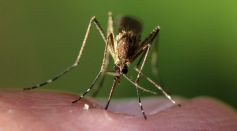
Mosquitoes Bite, Suck Blood That Can Kill People; New Death From Rare Mosquito-Borne Eastern Equine Encephalitis Virus Reported
COVID-19 Vaccine Booster Plans in Peril Because of Mutating Variants? Should Vaccinated People Worry About Delta?
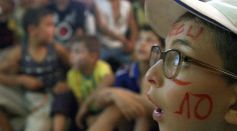
Increasing Cases of Short-Sightedness Among Children Blamed to Pandemic Screen Time
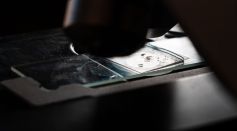
Black Death Vaccine: First Phase of Human Trials Begins, Will This End the Bubonic Plague?

Jenkins: UK 'Over The Hill' Due to COVID-19 Vaccine Impact; Third Wave Easing with 85 Million Vaccines Distributed
Most Popular

Blood Moon to Appear During Total Lunar Eclipse on March 3, 2026

NASA Reveals an Astronaut Was Medically Evacuated From the ISS for the First Time After a Non-Emergency Health Scare

The Science of Aging: What Cellular Aging and Telomeres Reveal About Human Longevity

How Volcanoes Destroy, Build Land, and Shape Earth's Surface and Climate

